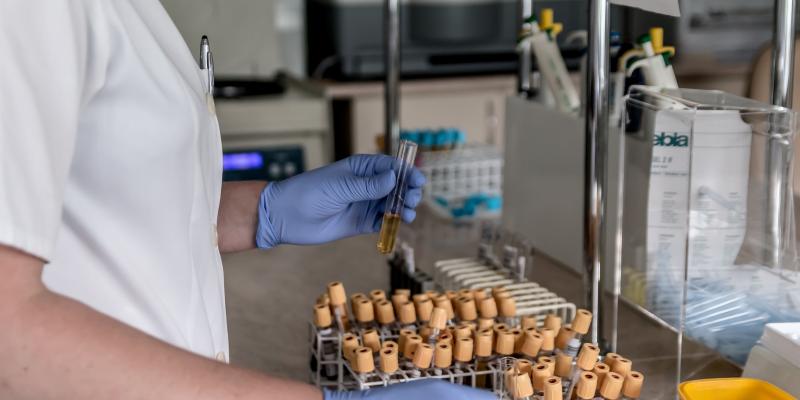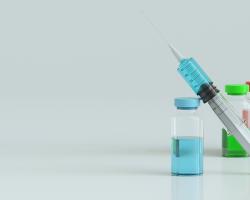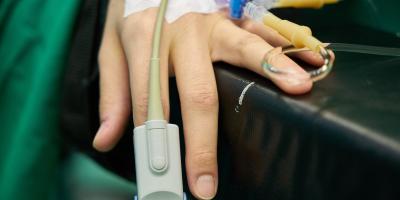In order to become a medical lab scientist (MLB) or a laboratory diagnostician, one needs to obtain an academic degree in laboratory science. The job of an MLB can also be taken up after completing an academic programme in biology, pharmacy, chemistry, biotechnology or veterinary medicine, provided that a relevant postgraduate programme is completed to gain the additional required qualifications.
Each MLB must be listed with the National Chamber of Laboratory Diagnosticians (KIDL).
Education
According to the KIDL, the Laboratory Science Act stipulates that a lab scientist career can be pursued by anyone who, among other things, has earned a Master’s Degree in laboratory science or completed any of the following academic programmes:
- biology or pharmacy, with a Master’s Degree;
- chemistry or biotechnology, with a Master’s Or Master of Engineering Degree;
- veterinary medicine, with a Veterinary Medical Doctor degree.
Those who complete these programmes are also required to complete a relevant post-graduate programme, which culminates in examination, to undergo basic specialist training (first-degree specialisation) or advanced specialist training (second-degree specialisation), or to achieve a title of specialist in clinical science, medical laboratory science, microbiology and toxicology.
A career in lab science can also be pursued by those who complete a programme in medicine and obtain a Medical Doctor degree, and then undergo post-graduate training. Eligible are also individuals licensed to practice medicine with a first- or second-degree specialisation, or a title of specialist in clinical science, medical laboratory science or microbiology, microbiology and serology, or medical microbiology.
Post-graduate education
The post-graduate education for the future lab scientists can be provided by higher-education schools which have a programme in medical laboratory science.
The available modes of study include full-time, part-time, extramural and off-campus studies, which are based on curricula prepared by the Ministry-of-Health appointed experts.
The teaching curricula should recognise the difference between the teaching contents of the programmes in medicine, pharmacy, veterinary science and biology, biotechnology and chemistry.
Specialisations
A laboratory scientist can specialise in the field of medical laboratory science, medical laboratory genetics, medical laboratory haematology, medical laboratory immunology, medical laboratory toxicology, medical microbiology, laboratory transfusion medicine, medical cytomorphology, public health, and environmental health, medical laboratory parasitology, epidemiology and forensic laboratory science.
Specialisation can be pursued by anyone licensed to practice the profession of a medical lab scientist.
Until 2011, all medical universities were bound by the uniform standards of education that served as the basis for acknowledging the qualifications of Polish medical lab scientists across the EU. These standards were invalidated by the reform of higher education.
Currently, these are only universities capable of granting habilitation that may develop their own standards of teaching for the programme in medical laboratory science. Other universities are required to have their curricula reviewed by, among other institutions, the Polish Accreditation Committee.
The community of medical laboratory scientists claims that these programmes should employ uniform curricula. Elżbieta Puacz, President of KIDL, believes that it is essential for the quality of medical laboratory science services that uniform education standards be re-introduced.









Comments (0)